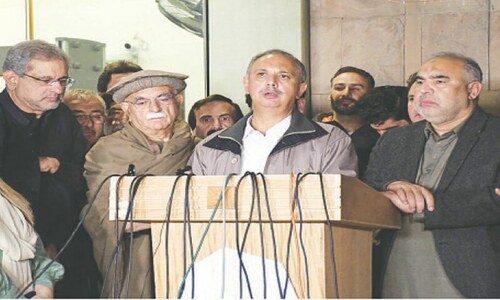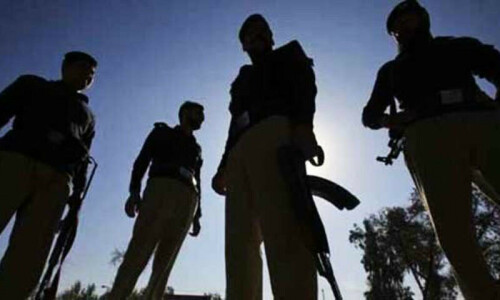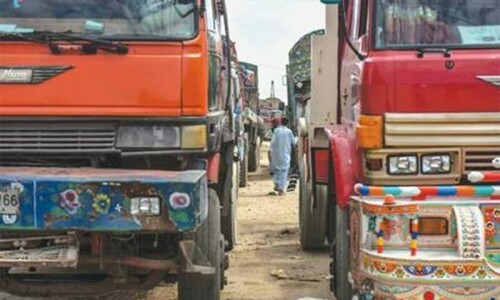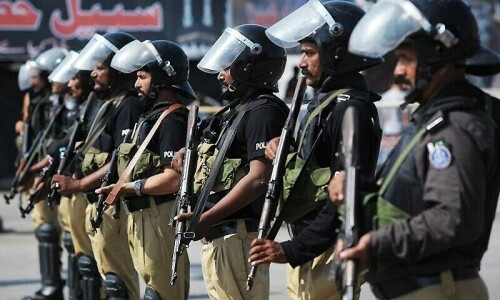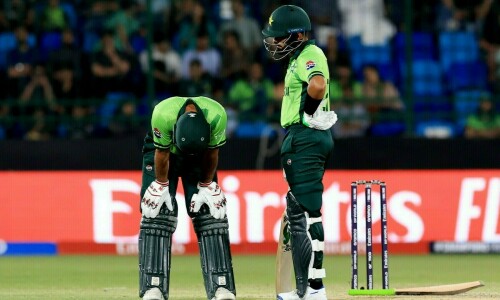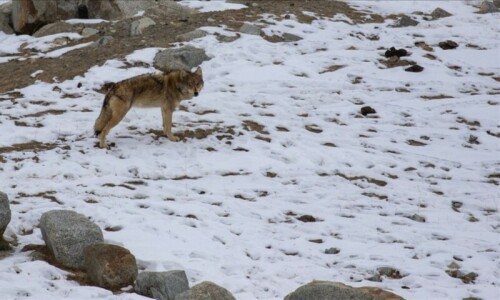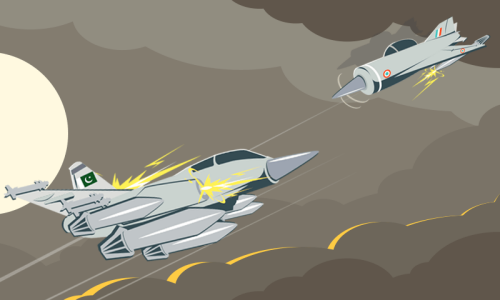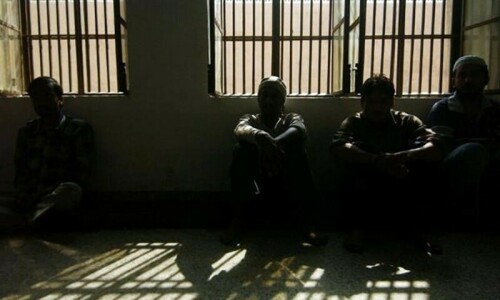MUZAFFARABAD, Dec 3: The Executive Director of the United Nations World Food Programme James Morris on Saturday described the relief activities in quake hit areas the most difficult challenge as he flew into the devastated AJK capital.
“The physical challenge of working through these mountains and valleys is very big,” Mr Morris told reporters in the UN compound as he drew comparison between the earthquake in northern Pakistan and last year’s Asian tsunami disaster.
“The tsunami happened on flat ground although that too was terrible and horrible but this is a tougher environment to work in,” he said.
Mr Morris said the UN needed helicopter support to carry out the critical job of transporting foodstuff throughout the region before the onset of harsh weather.
The much bigger expenses for the helicopter transportation, for logistics and for coordination were about $120 million, he said.
“This is the most serious physical humanitarian challenge we have ever had. So much of the transport, food for more than 400,000 people, needs to be transported through helicopters,” he said.
He said the UN had 18 or 19 helicopters at its disposal now and it had also been able to use the helicopters of the British, Germans and Americans apart from help from the Pakistani military in this regard.
“But being sure that the food is stocked throughout the region before the terrible snow comes in and for us to have the capacity to replenish our food on regular basis would be critical and we need helicopter support to do that.”
Earlier Mr Morris also flew into Anwar Sharif village in the south of Muzaffarabad and inspected a school set up in tents. The school is among 60 educational institutions which the WFP is feeding currently.
But, Dina Jerkovich, head of WFP sub office in Muzaffarabad, told Dawn later that the organisation planned to raise the number of schools to 600, thus covering around 70,000 students.
Mr Morris also flew into Bheri, a village in northwest of Muzaffarabad, and witnessed general food distribution there, Ms Jerkovich said.
She said that Mr Morris also flew over the devastated town of Balakot in North West Frontier Province on his way back to Islamabad.
“The WFP is supported by 70 countries around the world which are very generous and want to see the life comes back to normal in the quake hit region,” Mr Morris said.
He was optimistic about the outpouring of more funds.
“I am optimistic about more funds. We will get whatever we need.”
We are feeding half or little more of about 2.3 million people at the risk and then we partner with the government and military and non-governmental organisations, he said.
“The money with us is enough to provide food through the end of April.”
The WFP executive director also appreciated his team working in the region and also observed that it was first natural disaster in which the UN teams were working in complete coordination with each other.


